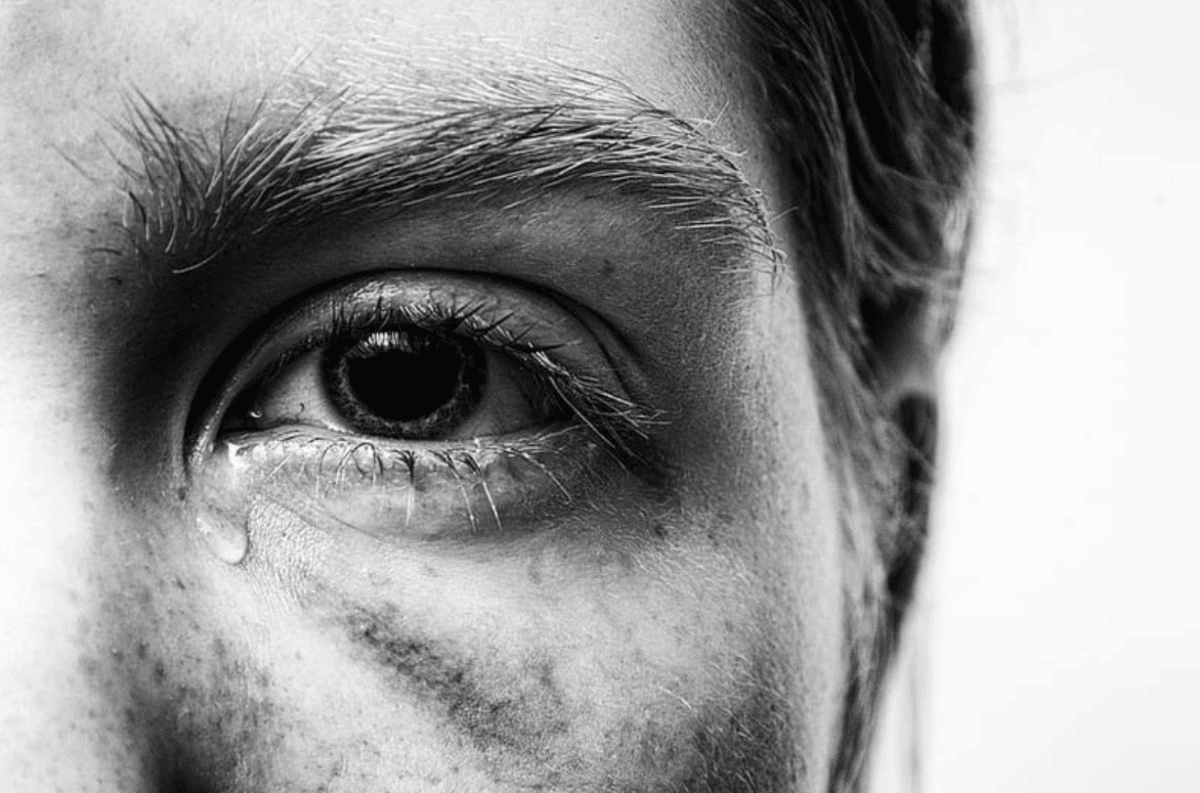In the complex world of personal injury law, few aspects are as emotionally charged and legally intricate as claims for psychological trauma and mental anguish.
These claims, often overlooked or misunderstood, are crucial components in cases where individuals suffer not just physical harm but also profound emotional distress. Unlike visible injuries, psychological trauma can linger long after physical wounds have healed, impacting every aspect of a person’s life.
It is essential for both legal practitioners and individuals seeking justice to understand the nuances of psychological trauma claims. In addition, victims of such cases are advised to look for a local personal injury lawyer to help them handle their cases.
From the immediate aftermath of an accident to the long-term effects on a person’s mental health and well-being, these claims play a crucial role in ensuring that victims receive the full compensation they deserve.
This article talks about the complexities of psychological trauma and mental anguish claims in personal injury law. It explores the criteria for such claims, the challenges involved in proving them, and the importance of seeking professional legal assistance.
Through a comprehensive examination of these issues, this article aims to explore this often-overlooked aspect of personal injury law, providing valuable insights for those navigating the legal system in search of justice and closure.

About Psychological Trauma in Personal Injury Cases
Psychological trauma refers to the emotional response to a distressing event, such as an accident, that overwhelms an individual’s ability to cope. It can exhibit in various ways, including anxiety, depression, post-traumatic stress disorder (PTSD), and other psychological disorders.
According to a verifiable report from the American Psychological Association, nearly 70% of adults in the United States were involved in a traumatic event at least once in their lives, with around 20% of those individuals developing PTSD.
Criteria for Establishing Psychological Trauma Claims
Proving psychological trauma in a personal injury case can be challenging. Courts typically require plaintiffs to establish that the trauma was caused by the defendant’s negligence or intentional actions. It often requires expert testimony from mental health professionals to demonstrate the severity and impact of the trauma on the victim’s life.
Challenges in Proving Psychological Trauma
One of the main challenges in proving psychological trauma is the lack of visible evidence. Unlike physical injuries, which can be objectively documented with medical records and imaging tests, psychological trauma is often personalized and can be difficult to quantify. Insurance companies may also question the validity of psychological trauma claims, leading to further challenges for plaintiffs.

Compensation for Psychological Trauma
Victims of psychological trauma may be entitled to payment for their emotional distress, pain and suffering, and loss of enjoyment of life. In some cases, punitive damages may also be given to punish the defendant for egregious conduct.
However, the amount of compensation awarded for psychological trauma can vary significantly depending on the severity of the trauma and the jurisdiction in which the case is being heard.
Seeking Legal Assistance for Psychological Trauma Claims
Given the complexities of proving psychological trauma in personal injury cases, victims must seek legal assistance from experienced personal injury attorneys. An attorney can help gather the necessary evidence, work with mental health professionals to strengthen the case, and navigate the legal process to ensure that victims get the compensation they deserve for their emotional suffering.
In conclusion, psychological trauma and mental anguish are significant aspects of personal injury law that deserve careful consideration. Considering the criteria for establishing claims and the challenges involved, both legal professionals and individuals can work towards ensuring that victims receive the justice and compensation they rightfully deserve and that victims get the assistance required to overcome their suffering.


